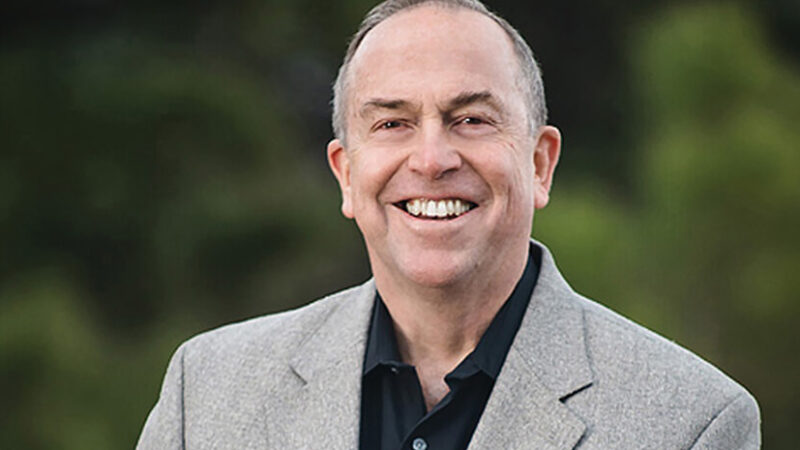My husband and I recently attended a talk that Bruce Tift gave at the Shambhala Center in Boulder titled Relationship as a Path of Awakening. Bruce Tift, LMFT, is a private-practice therapist and instructor at Naropa University here in Boulder. (In the interest of full disclosure, I must say that Bruce is also a Sounds True author with an amazing audio program titled Already Free.) In his talk, Bruce discussed at length the both magical and disturbing nature of intimate relationships and how important it is to continually nurture and accept one another, while simultaneously and unabashedly encouraging growth. He highlighted common relationship patterns that he often sees in his private practice and helped trace them back to childhood—namely survival skills that we established upon first connection with our mothers, which no longer serve us. It should be noted that Bruce was not talking about survival skills which could be considered obvious reactions to abuse or neglect from a parent. Instead, he was referring to seemingly innocent details, such as our mothers’ own self-confidence, and how those nuances come to fruition in our adult lives and inform how we ultimately view the world, connect in intimate relationships, parent our children, etc. For me, discovering how much our lives are perpetually infused by even the minutest aspects of intimate relationship was both a beautiful and terrifying realization. How can we ever be fully aware of the implications of our behavior?
In his talk, Bruce also emphasized the need for couples to develop what he calls “healthy intimacy,” which involves building a strong connection, while at the same time fostering a sense of healthy separation. In Bruce’s opinion, the juxtaposition of connection and separation encourages couples to build a sense of individual independence and to shed their own self-limiting behaviors, while also fostering a depth of adoration and understanding for one another and their collective experience. What most resonated for me in Bruce’s talk is that individual development is only as effective as collective development—for in intimate relationship, the two are ultimately one. No matter how much progress we may make individually, if we’re not progressing in step with one another, our collective experience will be perpetually fractured. While this has always been obvious to me when it comes to goals and alignment related to our outer life—finances, health, travel, family, etc.—I’ve never viewed our inner spiritual goals as those that require the most attention and ultimately make our relationship work.

As relative newlyweds, my husband and I are continually exploring relationship and the role that intimate relationships in particular play in one’s practice or personal growth. While people typically rely on those closest for nurturing and support, it is also those close to us who are best equipped to cast light on all our shadows. But how do we strike the balance between building the nest and deconstructing old patterns? How can we encourage one another to be vulnerable and to break our hearts wide open in relationship, while simultaneously using that same openness to examine and cast each others’ skeletons out of the closet? How do we prevent the very delicateness that we create within intimacy from also being used against us? In Bruce’s words, how do we negotiate the hard fact that our most beautiful and unconditional relationships can also be the most disturbing?











Thank you for this reminder! I can absolutely relate to the ambivalence you feel. I could hear Robert Bly’s voice referencing Rumi, Hafiz and the Sufi pursuit of divine connection through intimacy, here, now.
I am a psychotherapist, of the Jungian ‘persuasion’, as well as specialize in addiction & recovery with young adult women. I only mention these because two profound tools, from my experience both personally and with those I work with, came to mind while reading your post. I think they beautifully compliment the teachings that you mentioned in your article.
The first of which is the book Projection and Re-Collection in Jungian Psychology: Reflections of the Soul by Marie Louise von Franz. The second is Boundaries and Relationships: Knowing, Protecting and Enjoying the Self by Charles Whitfield, a text I reference consistently with my clients. Its wisdom is extremely grounded, soothing, and in turn, empowering due to its ‘user-friendliness’.
Thank you so much for your submission. It has lead me to the archaeological task of ‘Re-Membering’ which is so right for me to dig into, here, and now!
Hi Cheryl,
Thanks so much for taking the time to write and for your insights!
I appreciate your reaching out,
Jaime